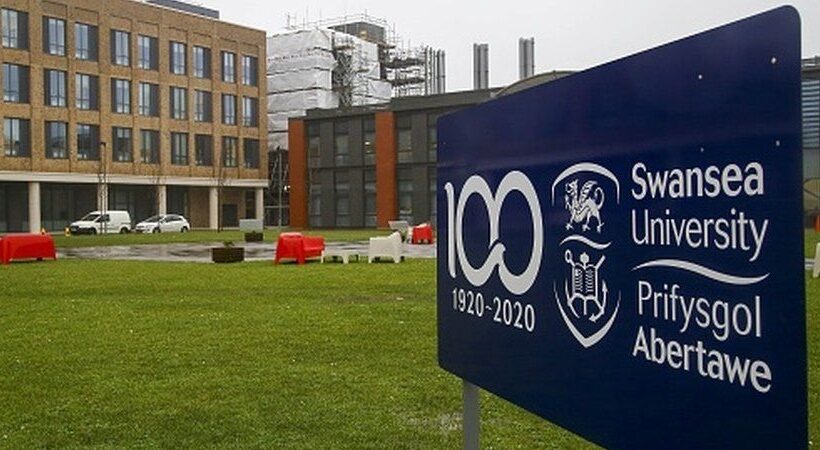Swansea University is a research-led university that has been making a difference since 1920. It is a world-class place for higher learning, well known for its academic achievements, making it one of the top 30 universities in the UK (The Times and The Sunday Times Good University Guide 2019) and ranks in the top 251-300 universities of the world (Times Higher Education Rankings 2020). The university was bestowed with the title of Welsh University of the Year 2019 & 2020 and has also been recognized with a Gold award in the national Teaching Excellence Framework (TEF) for its outstanding teaching and learning outcomes. It is among the top 10 institutions in the UK for graduate employability (Destination of Leavers from Higher Education 2018).
The Ph.D. for research will suit applicants who are keen to make a difference in how advanced materials are utilized in a sustainable economy. The funding providers are Swansea University and Engineering and Physical Sciences Research Council (EPSRC). And the areas of the subject are Materials re-manufacture / Engineering. The supervisors are Dr. Jenny Baker and Professor Davide Deganello. This is an Aligned programme of study for a Ph.D. in Mechanical Engineering which is full-time. The role will balance laboratory work with developing a model of how functional coating materials behave during recycling processes. This research aims to develop methods to improve the recyclability of electronic coatings such as those used in batteries, sensors and other electronics. Training will be given on a wide range of material characterisation techniques (physical, chemical, and electronic) and the relevant modelling tools.
This Ph.D. position is within the TREFCO project, which is a collaboration led by Swansea University and has 8 industrial partners, including battery manufacturers, recyclers, material suppliers and equipment producers. There will be an opportunity to travel to project partners within the UK and Europe as well as funding to present results at international conferences.
Birmingham University is a co-collaborator and this Ph.D. will require the successful applicant to collaborate closely with academics at Birmingham. The project sits within two research centres at Swansea University the Welsh Centre for Printing and Coating and SPECIFIC which means that the successful candidate will have the advantage of working in (and learning from) a multidisciplinary team of academics and industry partners consisting of scientists, engineers and experts in life cycle analysis.
Funding Details:
This scholarship covers the full cost of UK tuition fees and an annual stipend of £15,609.
Additional research expenses will also be available.
Eligibility
Candidates must normally hold an undergraduate degree at 2.1 level (or Non-UK equivalent as defined by Swansea University) in Engineering or similar relevant science discipline. See – Country-specific Information for European Applicants 2019 and Country-specific Information for International Applicants 2019.
If applicable – IELTS 6.5 overall (with at least 5.5 in each individual component) or Swansea recognized equivalent.
If you are holding a non-UK degree, please see Swansea University degree comparisons to find out if you meet the eligibility.
Due to funding restrictions, this scholarship is open to applicants eligible to pay tuition fees at the UK rate only, as defined by UKCISA regulations due to EPSRC international yearly quota.
For further information, click here.



















